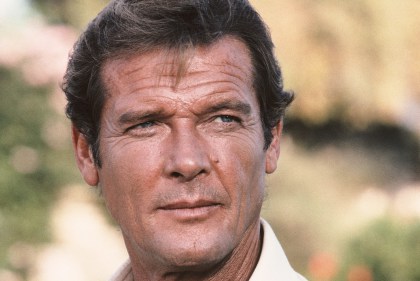One of the blog entries that got obliviated last week was simply a poem that I’d run across and appreciated. I’ve decided to put it up again because, if anything, it’s even more relevant now than when I first posted it a couple weeks ago. Alas.
Pity the nation whose people are sheep
And whose shepherds mislead them
Pity the nation whose leaders are liars
Whose sages are silenced
And whose bigots haunt the airwaves
Pity the nation that raises not its voice
Except to praise conquerers
And acclaim the bully as hero
And aims to rule the world
By force and by torture
Pity the nation that knows
No other language but its own
And no other culture but its own
Pity the nation whose breath is money
And sleeps the sleep of the too well fed
Pity the nation oh pity the people
who allow their rights to erode
and their freedoms to be washed away
My country, tears of thee
Sweet land of liberty!


